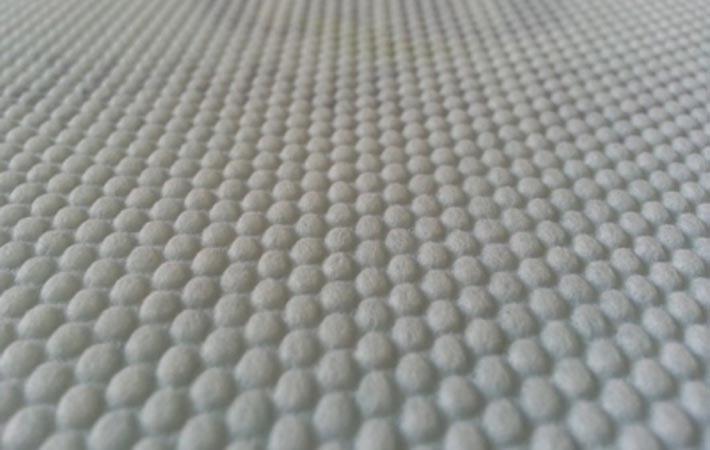Convenience, choice, value, sustainability, innovation and experience are the buyer ideals that have fundamentally changed the pattern of consumer behaviour and ultimately, the retail landscape, as well as the supply chain that serves it, according to research conducted by Israel-based Avgol, which offers high-performance non-woven fabric solutions.
The study explored how the non-woven hygiene supply chain has adapted to the changing buying habits of millennial (generation Y) consumers.Convenience, choice, value, sustainability, innovation and experience are the buyer ideals that have fundamentally changed the pattern of consumer behaviour and ultimately, the retail landscape, as well as the supply chain that serves it, according to research conducted by Israel-based Avgol, which offers high-performance non-woven fabric solutions.#
Nick Carter, Director of Market Business Intelligence at Avgol, commented: “We’re seeing the emergence of industry trends that have fundamentally shifted the world of retail, including in the hygiene product category. Retailers and brands today do not just have to meet product functionality requirements, the market is now largely value-driven. Everything filters down from core brand positioning.”
“It’s important to note the change in marketing focus to reflect the shifting consumer mindset,” said Nick in a press release issued by the company.
A major pillar of modern-day convenience is wellness. As the buying public takes more care with their health and wellbeing on a holistic level, it has become an expectation that optimal wellness will be ingrained in product design from the outset. This has resulted in an innovation spike in the material substrate industry.
With brand switching now so common, a crowded marketplace has made it more difficult for brands to stand out. Technological advancement and innovation in non-wovens has been driven by the need to offer differentiation to the market, from the material stage onwards, with many brands and supply chains innovating in new areas to 'see what sticks'.
Avgol noted that the role of value has spurred change in pricing structures so that the focus is on adding quality and features to justify pricing, rather than reducing costs from the outset.
One hallmark of generation Y is an increased interest in environmental causes, a key motivator when it comes to purchasing and brand loyalty. The real-time impact for the global hygiene market is that to flourish, the product has to be sustainably managed and honest, doing exactly what it claims to do.
Avgol identified that millennial customers do not want to purchase products, they want to purchase experiences. This becomes evident in the post-purchase stage and in the dissemination of information.
Experience is the next major shift in marketing, spurred on by the demands of the market. Customers now become part of the brand through experience; they share thoughts, ideas and feedback. (DS)
Fibre2Fashion News Desk – India


